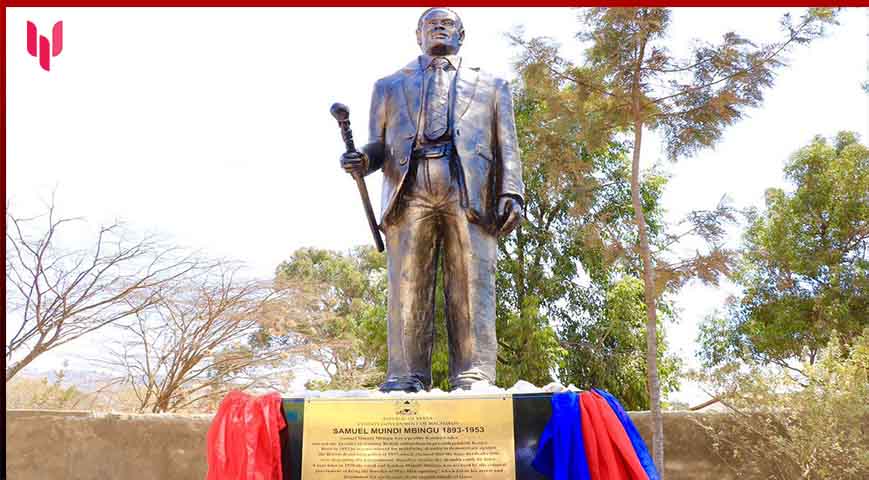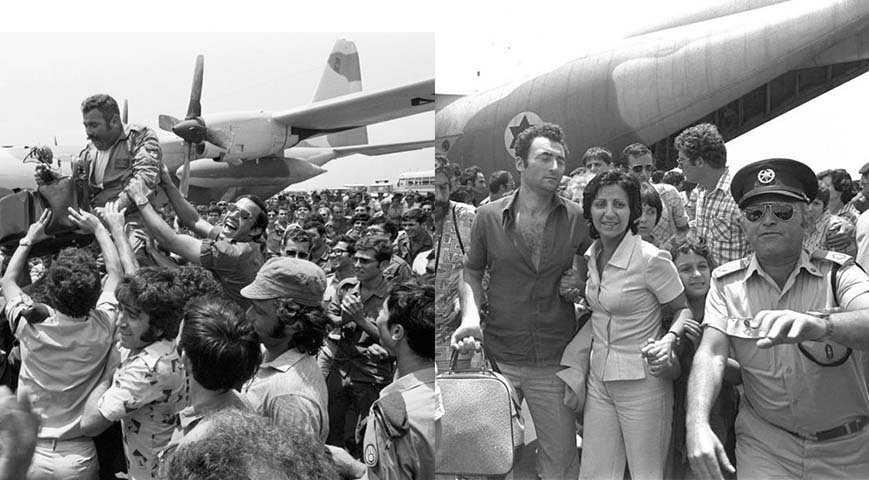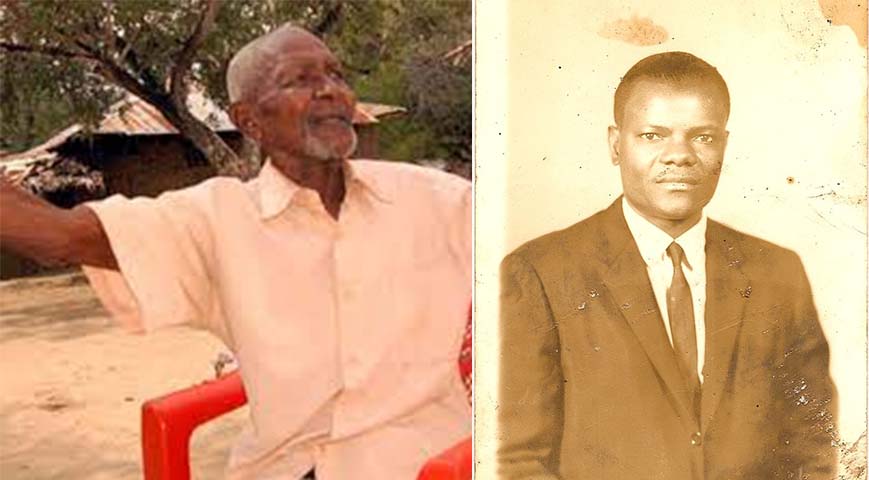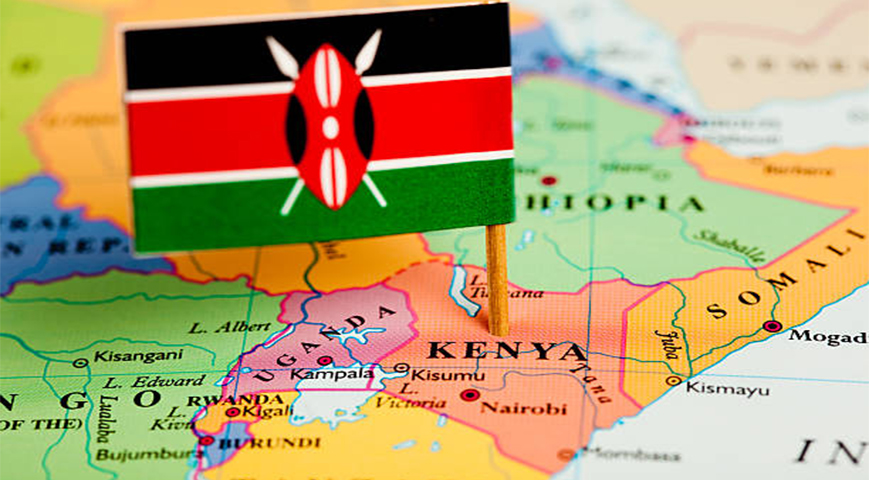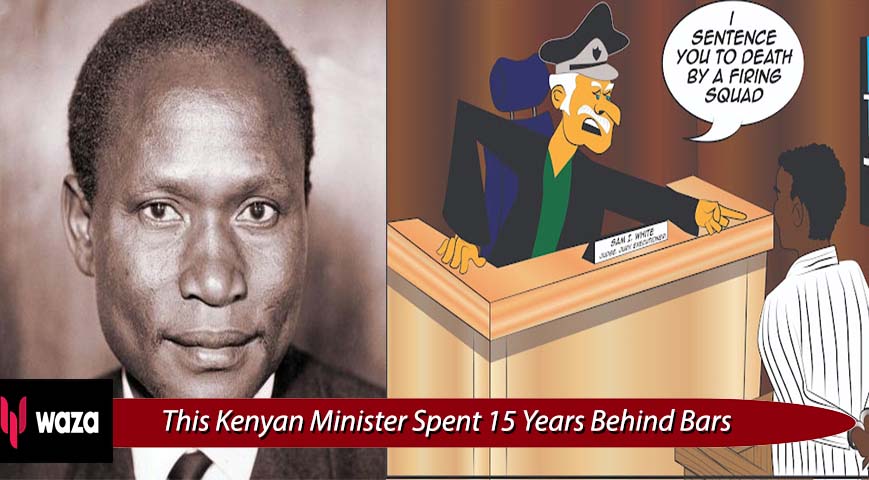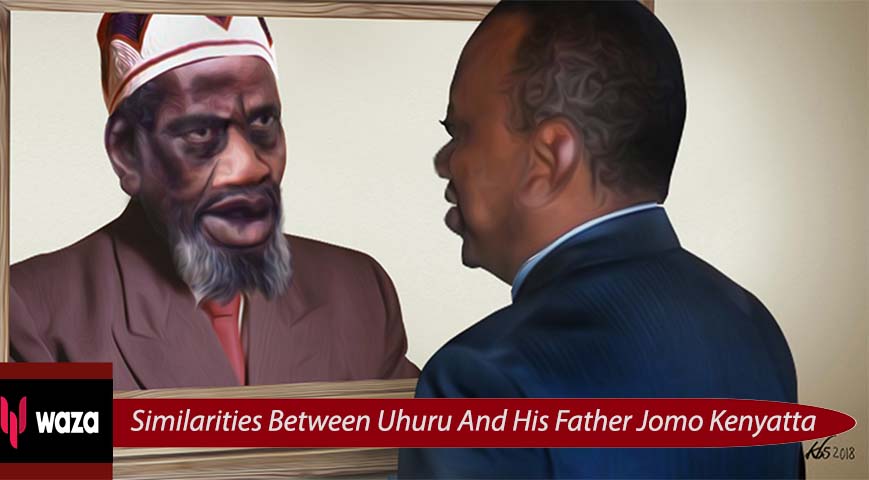Muindi Mbingu was the face of the Kamba liberation struggle. Speaking to the Governor in Kikamba was his undoing. The mention of "Maa umau" (our grandfathers) led colonialists to believe he was a member of Mau Mau.
He has a boulevard named after him in Nairobi and a secondary school and statue in Machakos County, where former President Uhuru Kenyatta unveiled the bronze statue for Mashujaa Day in 2016.
Stewart Street in Nairobi has been renamed Muindi Mbingu Street after the former Kenya Power and Colonial Police employee who became the face of the Akamba independence campaign when they were evicted from their estates and sentenced to the Native Reserves in 1937. Mbingu was 40 years old.
Nairobi Ex-Governor Mike Sonko lives in the Mua Hills area, where the Machakos District Commissioner implemented a destocking campaign where colonialists confiscated Kamba cattle.
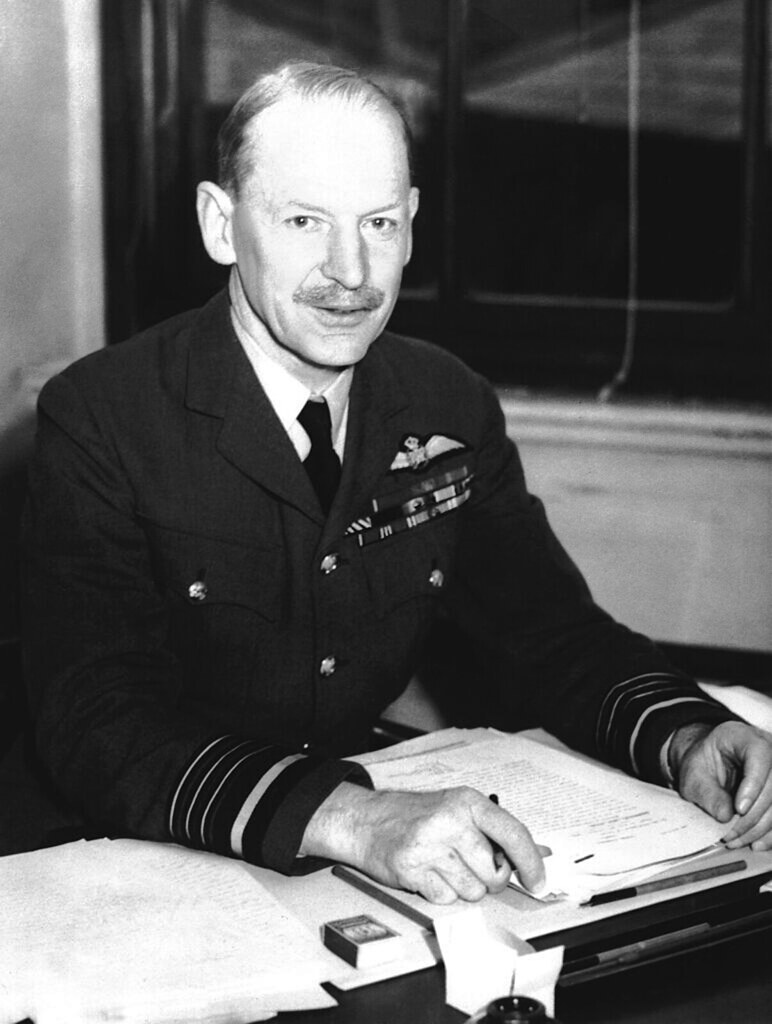
Did you read this?
According to Robert Tignor's Kamba Political Protest: The Destocking Controversy of 1938, the government's topsoil conservation officer, Colin Maher, ascribed Kamba poverty at the time to 'environmental deterioration' caused by overgrazing.
The Carter Land Commission advocated destocking, but the underlying goal was to economically cripple the Kambas by stealing and butchering their wealth in Athi River, where Liebegs Company operated a meat canning business.
Anywho, this explains the Kenya Meat Commission's presence.
This situation pricked Mbingu to the core. He left the police force and organized villagers, who voted him chair of the committee to oppose colonial persecution, including the seizure of nearly 2,000 cattle.
Mbingu spearheaded a significant rally in 1938, when Sir Robert Brooke Popham was the Governor of Kenya, with demonstrators travelling 60 kilometres to Nairobi from the Ngelani and Koma rock locations.
They camped for a month at Kariokor (then known as Carrier Corps), demanding to meet Sir Propham, whom Mbingu mocked anytime he came by.
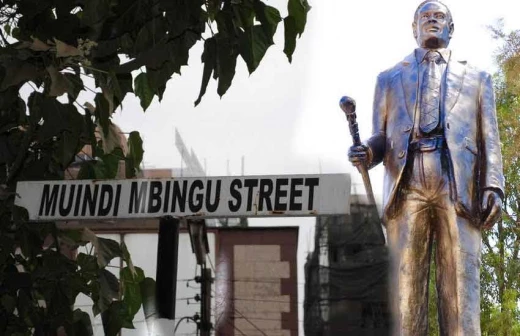
Sir Propham, a military officer, was appointed Governor to assist in fighting the Italians in Ethiopia, where they were defeated in the Battle of Adowa.
Most Italian POWs were transferred to Nyeri, where Italian names like Emilio, Basillioh, and Nemesius are common.
Mrs Propham encouraged her husband to intervene after seeing women breastfeeding newborns in the cold. Mbingu, a form four leaver from Kabete Technical, was given an audience, and the cattle were then returned to their owners.
"Twenda kwikala ta maau mau maitu, tuithye ngombe to Maau mau maitu, nundu nthi ino ni ya maau mau maitu," he said to the Governor in Kikamba. (We want to live like our grandfathers and raise cattle like our grandfathers because the land we live on is theirs).
The mention of Maa umau (our grandfathers) led colonialists to believe he was a member of the Mau Mau, for which he was imprisoned on Lamu Island for seven years.
When he was released, the colonial authority assigned him to work as an informant, primarily tracking down Mau Mau, who spoke Kikuyu.
This collaboration resulted in his gruesome death during the height of the State of Emergency in 1953, during which Sir Propham also perished.

